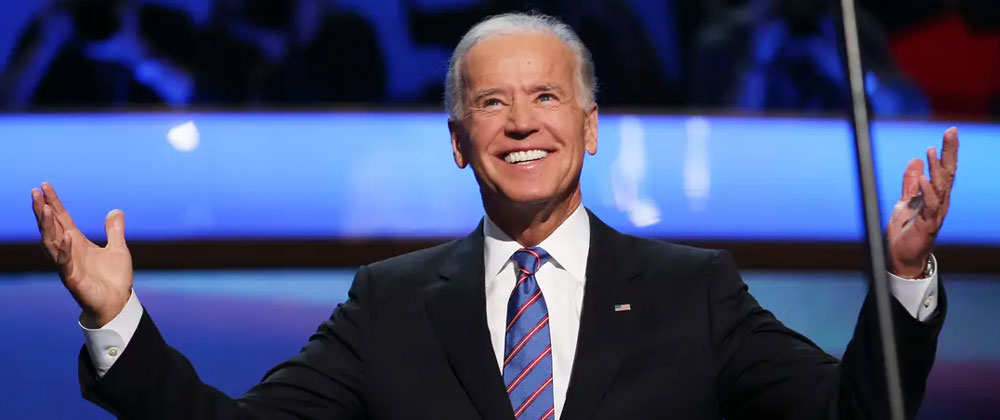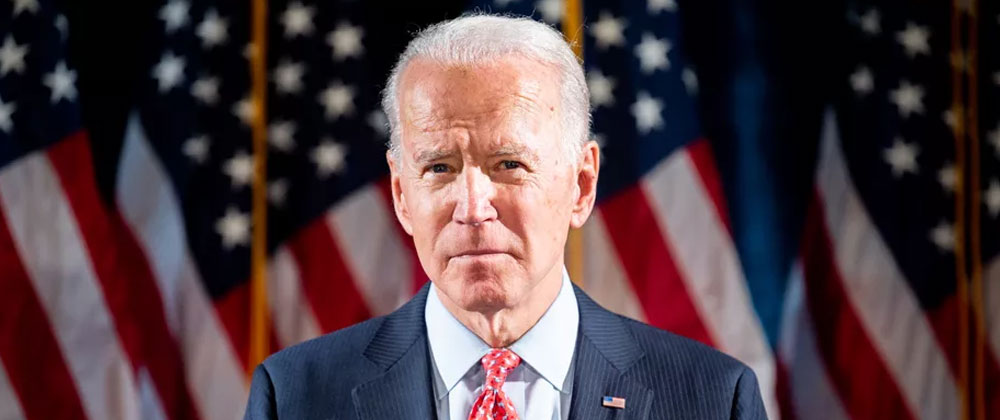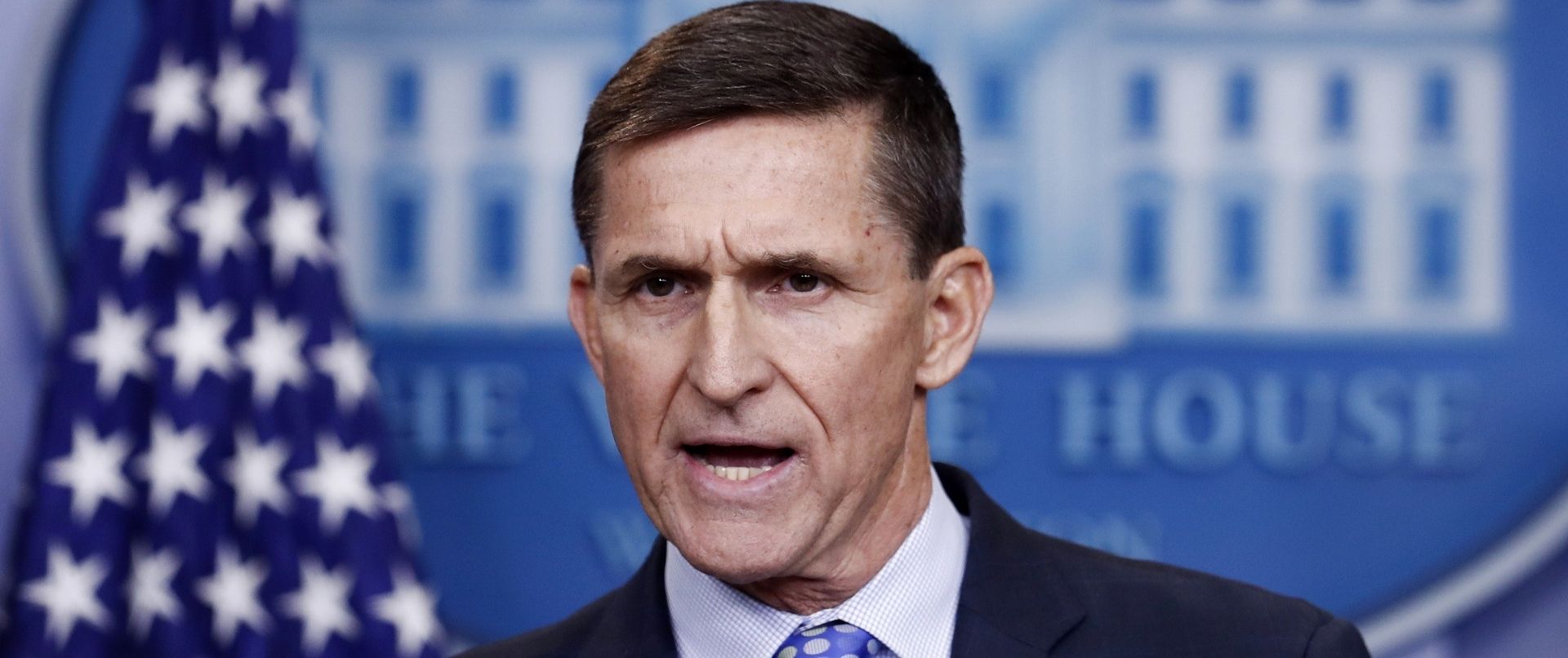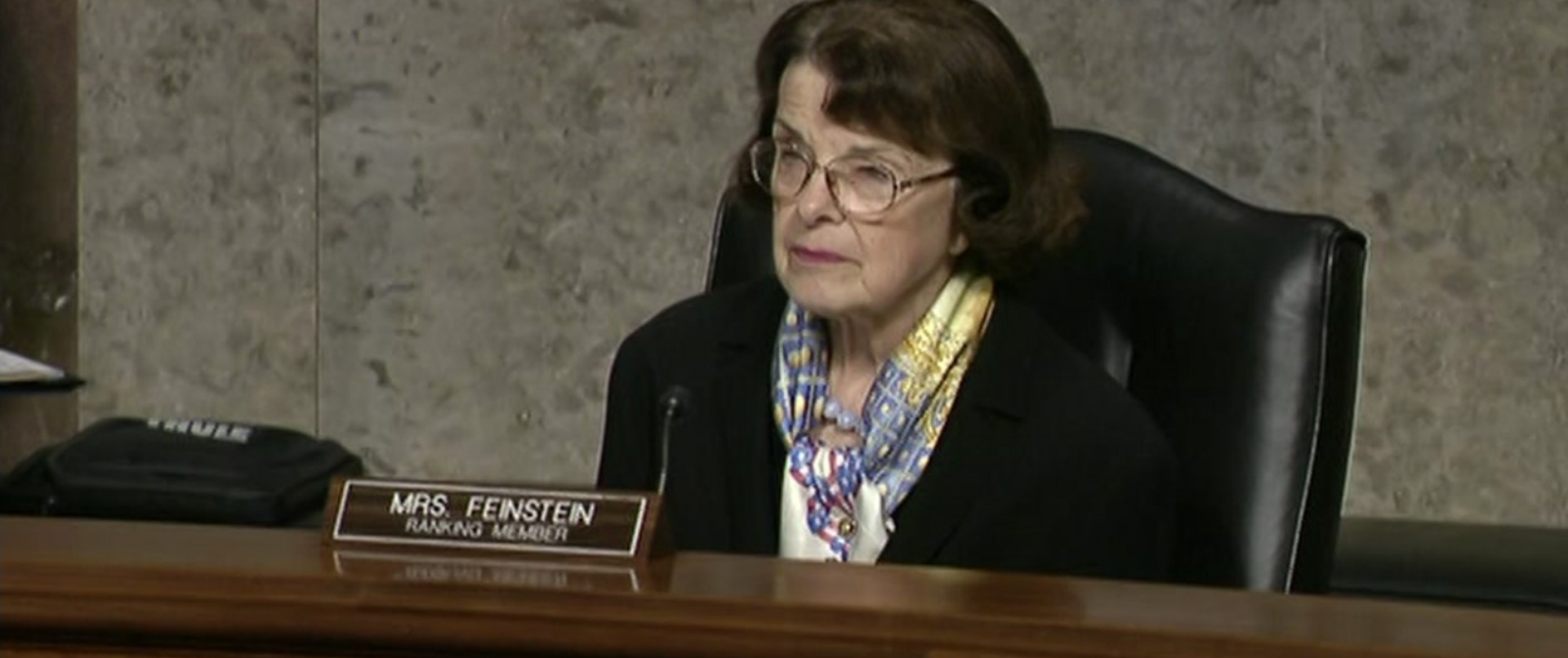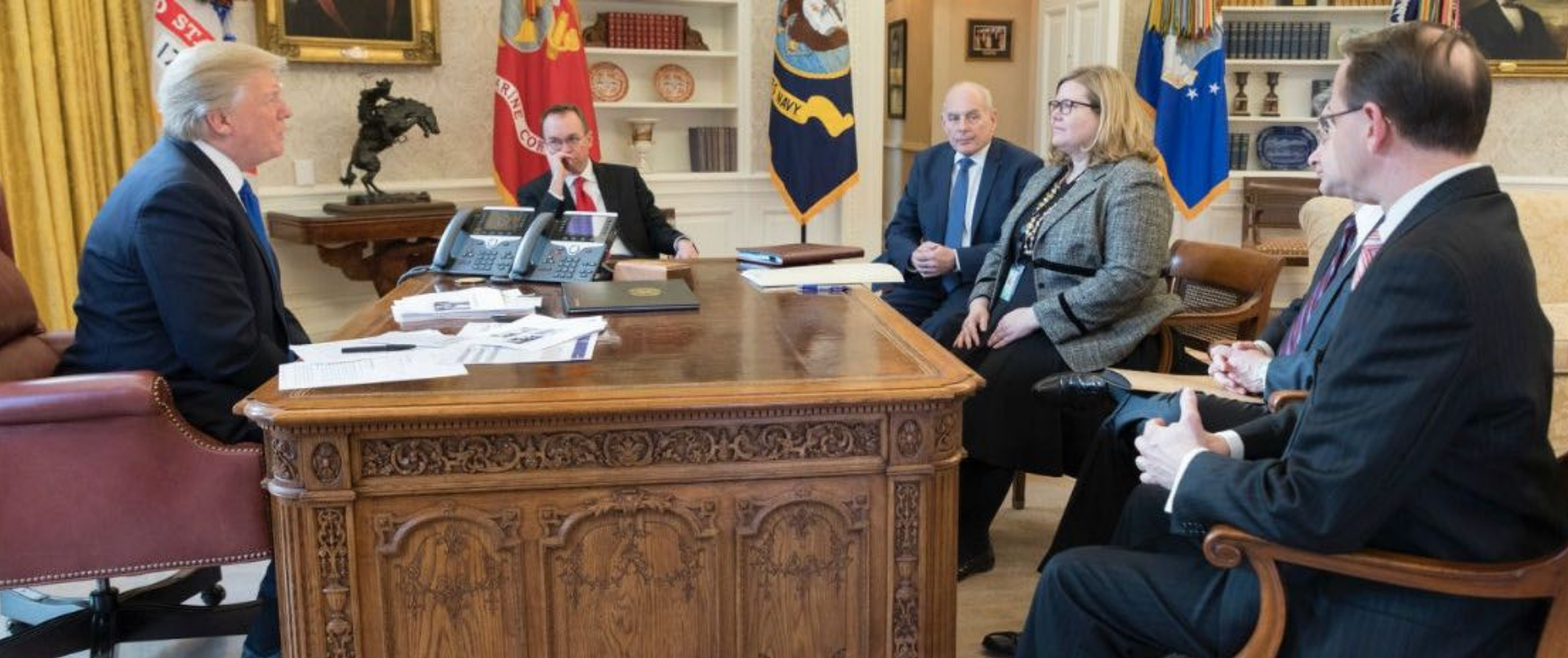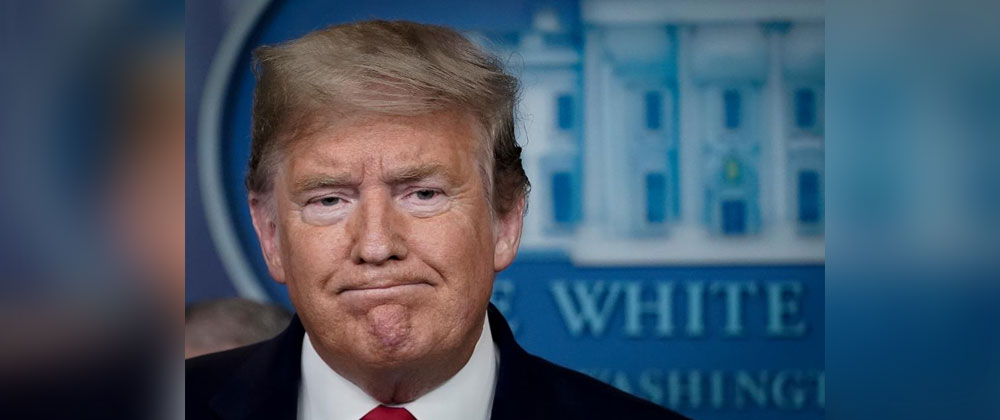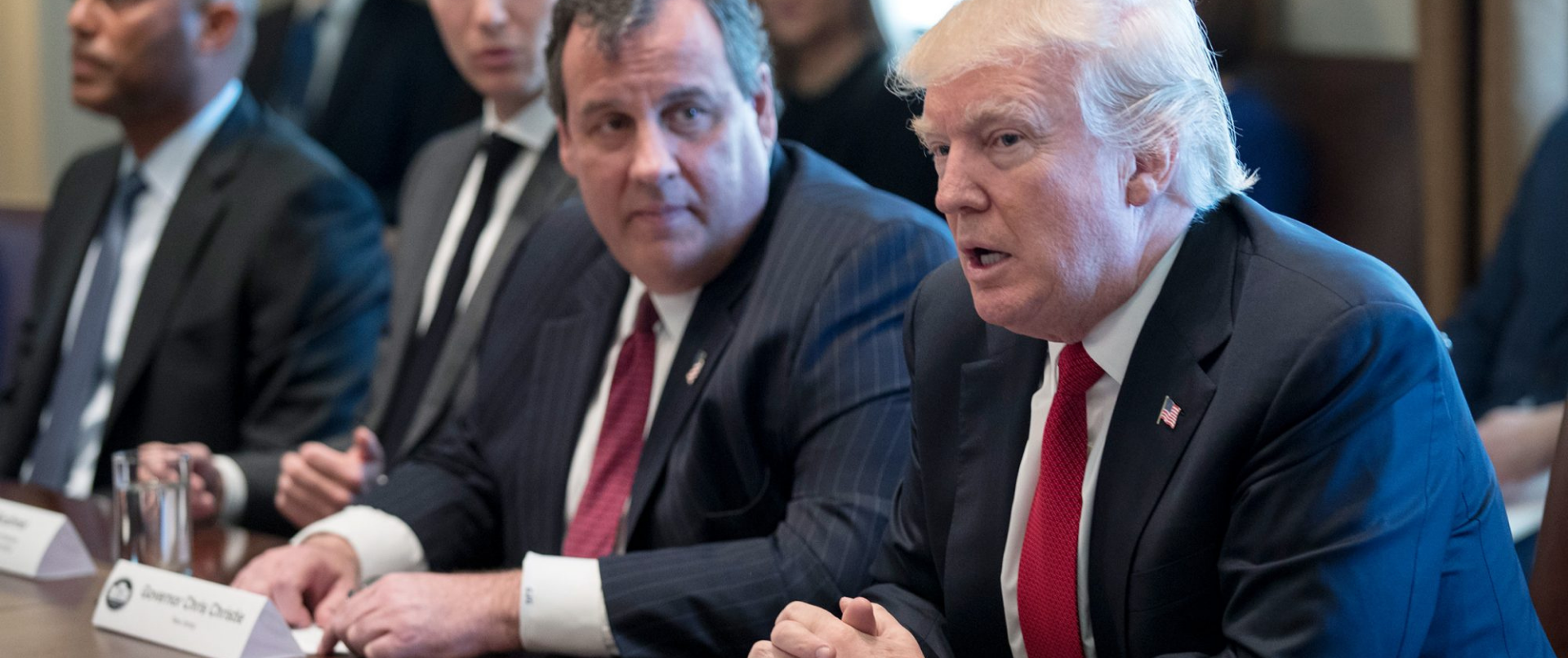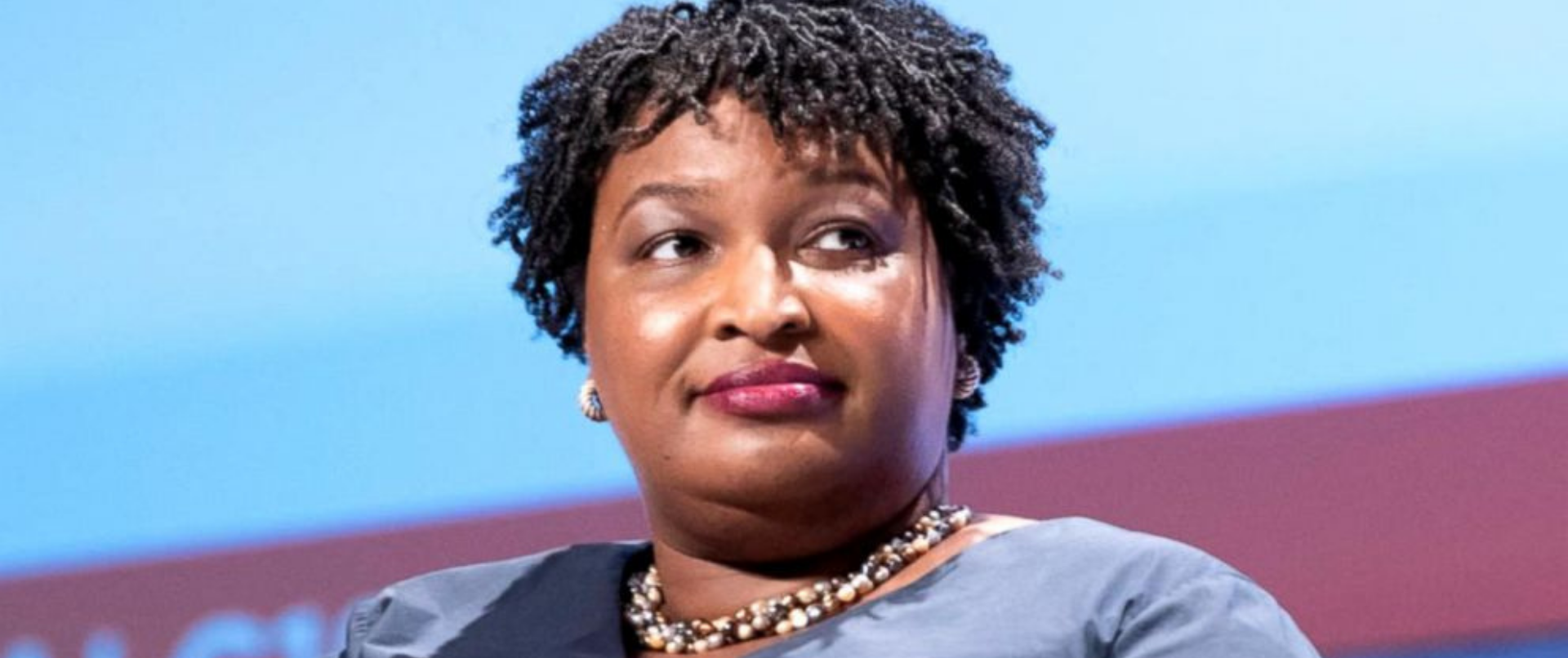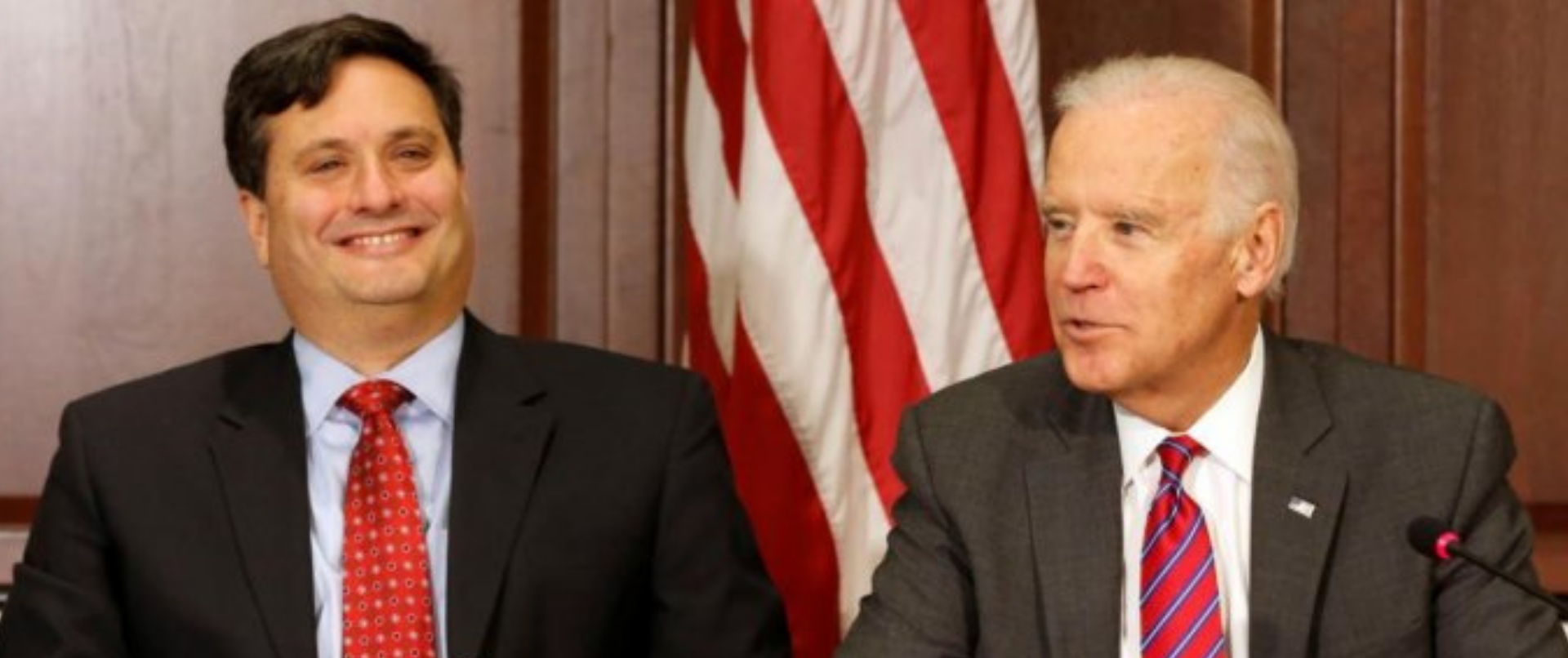Supreme Court Avoids The Questions Of Second Amendment And Qualified Immunity
The Supreme Court on Monday avoided two highly contentious issues by declining to take up cases next term involving Second Amendment rights and legal protections for police officers.
The justices chose not to add nearly a dozen new gun-rights disputes, including over the right to carry a firearm in public and declined opportunities to revisit the legal doctrine of qualified immunity, which typically shields government employees from being held liable for alleged wrongdoing.
The results mean fewer than four justices agreed to take up the cases next term, which begins in October.
Justice Clarence Thomas, one of the court’s most staunch conservatives, dissented from the court’s decision to deny the reviews. He was joined by fellow conservative Justice Brett Kavanaugh in dissenting from the denial of a new Second Amendment dispute.
The court also avoided issuing a major ruling on the constitutionality of a New York City handgun regulation, earlier in the term, with the justices writing in an unsigned opinion that the city’s repeal of a controversial restrictions rendered the legal challenge moot.
However, in a 31-page dissent, three conservative justices said the case should not have been dismissed. They expressed concerns that the court’s prior Second Amendment rulings were being applied incorrectly by lower courts.
In a landmark 2008 case, District of Columbia v. Heller, the court said the Second Amendment enshrines an individual’s right to keep and bear arms for self-defense. The court decided two years later that right applies at both the federal and state levels.
The late Justice Antonin Scalia’s decision in the Heller case left many key questions unanswered about the scope of the Second Amendment and how courts should determine when those rights were infringed, leaving it to lower courts to fill the gap over the past decade.
In his dissent today, Thomas said he would have granted review to one of the cases in order “to clarify that the Second Amendment protects a right to public carry.”
The justices also chose not to take up any of the eight separate cases asking them to revisit qualified immunity.
That legal doctrine, which has protected police officers from liability for misconduct, has come under scrutiny recently amid the nationwide protests against police violence and racial injustice.
There, too, Thomas dissented from the court’s denial of review. One of the cases the justices declined involved a burglar who was bitten by a police dog after surrendering.



